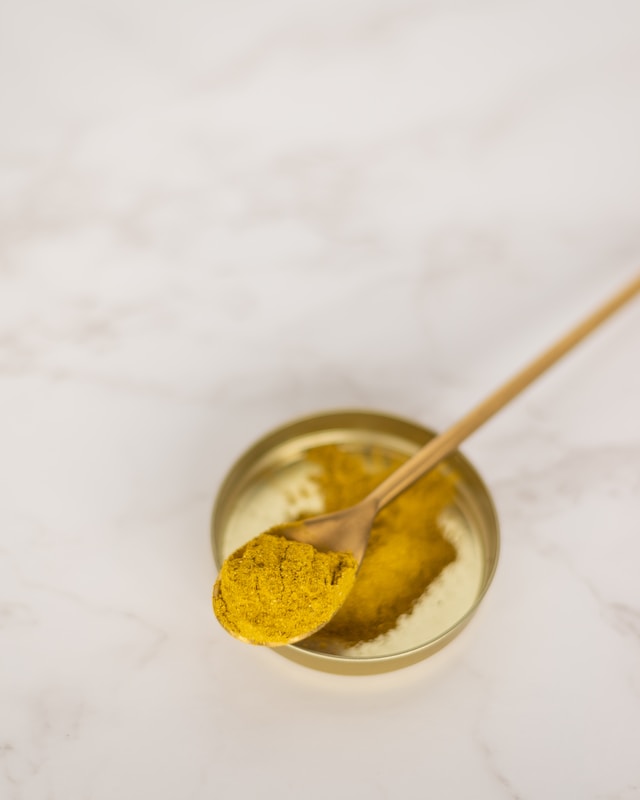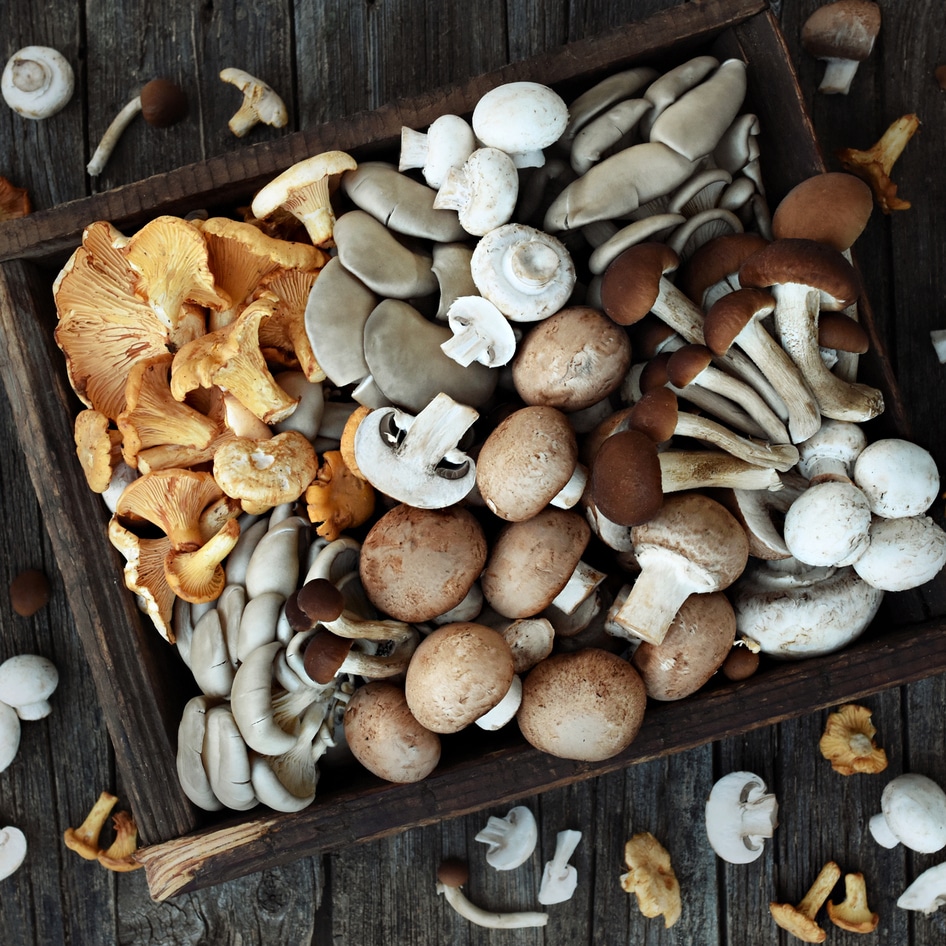Right now, there is a lot to feel stressed about. Most American adults have to deal with the ups and downs of daily life, plus the rising cost of living and climate anxieties, too. It’s no surprise that there are days when it all just feels like too much. And if that’s you, you’re not alone. In 2022, the American Psychological Association found that more than a quarter of US adults say they feel so stressed they can’t function.
The truth is, we can’t control everything around us, but we can control how we respond. If you’re suffering from stress, there are a few lifestyle changes that may help you find some calm. Meditation, healthy eating, exercise, connecting with others, speaking with a therapist (if it’s accessible), and adhering to a good sleep routine are just a few examples of things that may prove beneficial to your wellbeing.
However, research suggests adaptogens—which are usually found in certain types of fungi and herbs—may also be able to help people in times of stress. But what are they, exactly? And how do they work? Let’s dive in.
What are adaptogens?
Adaptogens aren’t new. For centuries, people in parts of Asia have been calling on herbs and fungi to boost wellbeing and treat ailments. But in the last few decades, just like the practices of yoga and meditation, they have started to become more popular in Western societies.
The idea is that certain plant substances have properties that help our bodies manage the impact of stressful situations. Research is ongoing, but it’s thought that they may do this by working with the hypothalamic-pituitary-adrenal axis.
In a nutshell, the latter refers to the interactions between the hypothalamus (the part of the brain responsible for maintaining homeostasis) and the pituitary and adrenal glands, which regulate how we respond to stress and emotions.
 Getty
Getty
“The goal of taking adaptogens is to return your body back to a state of balance (homeostasis),” the Cleveland Clinic notes. “The herbal action in adaptogens increases or decreases chemical reactions within your body.”
Not all adaptogens do the same thing. Some may help to improve focus and reduce fatigue, for example, while others may help to reduce anxiety and mental stress.
How do you take adaptogens?
Before you start taking adaptogens, it’s important to consult with your healthcare provider first. Sometimes, they may cause allergic reactions or interact badly with other medications you may be taking.
Plus, you should also consider consulting with your healthcare provider if your stress levels are overwhelming. Adaptogens may be able to help with symptoms, but they are unlikely to fix the root cause of the problem. Your physician will be able to talk you through other options like therapy or medication, for example.
 Getty
Getty
If you do decide trying adaptogens is the right fit for you, you have a few options. You can take them in supplement form, for example, or you can opt to drink them in soups or teas. The popular tea brand Twinings, for example, offers an adaptogen caffeine-free range.
But what ingredients should you be looking for? Below, we’ve listed a handful of the most common types of adaptogens and how they may affect the body.
5 types of adaptogens
Here are 5 common adaptogens to look out for.
 Pexels
Pexels
1 Goji berry
Goji berries, also known as wolfberries, are small, red, sweet-tasting fruits. They are high in antioxidants, as well as vitamin A, iron, and zinc. Some experts believe they may have an adaptogenic impact on the body—they could help boost energy levels and also help you feel calm and relaxed. You can consume goji berries in a few different ways, but a smoothie is a popular option. You can also buy them dried.
 Unsplash
Unsplash
2 Ashwagandha
According to Cleveland Clinic, ashwagandha—which is an evergreen shrub commonly used in Ayurvedic medicine—may have a “positive effect on the endocrine, nervous, immune and cardiovascular systems.” The plant, which may also have antioxidant benefits, helps to regulate metabolism, notes the Clinic, and may help you relax amid times of stress. One of the most common ways to consume ashwagandha is in tea form, but you can also take supplements in the form of vegan gummies or powder.
 Unsplash
Unsplash
3 American ginseng
There is research to suggest that American ginseng, which is the root of a perennial plant native to North America, may help to combat stress and regulate dopamine levels. Consume it in powder form (and add it to smoothies and shakes, for example), or sit back and relax with a cup of ginseng tea.
 Unsplash
Unsplash
4 Reishi
A few mushrooms are thought to have adaptogenic properties, and one of them is reishi. Like all adaptogens, research is still ongoing into the benefits of reishi mushrooms, but they have been used in Eastern medicine for centuries. They may help to calm the nervous system, which may help you sleep and reduce fatigue. Find reishi and other mushrooms in capsules, teas, and even hot chocolate mix.
 Unsplash
Unsplash
5 Turmeric
Turmeric is a popular ingredient in curries, for example, but it can also be taken in supplement capsules or tea form. According to Healthline, turmeric, which has antioxidant and anti-inflammatory properties, is likely safe for most in small amounts, and may help to reduce the symptoms of depression in some people.
For more on health and wellness, read:
JUMP TO ... Latest News | Recipes | Guides | Health | Subscribe
Here at VegNews, we live and breathe the plant-based lifestyle, and only recommend products we feel make our lives amazing. Occasionally, articles may include shopping links where we might earn a small commission, but in no way does this effect the editorial integrity of VegNews.









